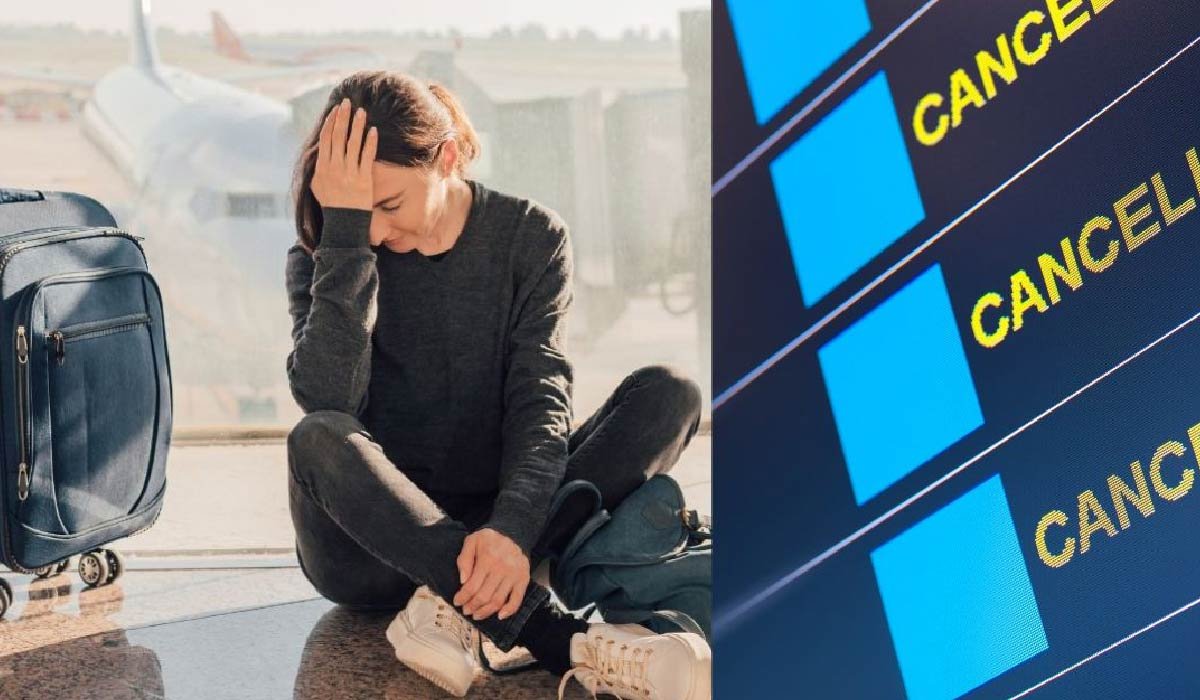Travel
When Your Journey is Interrupted: Passenger Rights After a Flight Cancellation

Air travel carries with it the promise of new beginnings, long-awaited reunions, or the thrill of an adventure. You prepare weeks in advance, set your alarm early, and carry your anticipation into the airport. But when the board in the departure hall suddenly flashes the dreaded word “cancelled”, your plans collapse in an instant. The disruption is not only logistical but also emotional, stressful, and deeply frustrating. At that moment, it is easy to feel powerless. Yet as a passenger, you are not without protection. Knowing your rights can transform that sense of helplessness into empowerment, giving you the confidence to demand fair treatment when your journey is interrupted.
The Emotional Weight of a Cancelled Flight
Flight cancellations strike at the heart of what air travel represents: certainty and connection. You might miss a crucial business meeting, the wedding of a close friend, or a long-awaited holiday with your family. Hours of planning can vanish in a moment, leaving you stranded in an unfamiliar terminal with little more than a voucher or an apology. This emotional turmoil is real, and it is important to acknowledge it. You are not just a seat number or a passenger record. You are a person whose time, commitments, and emotions matter.
The laws that protect air travellers are built around this very understanding. They recognize that when a cancellation occurs, the loss is not only financial but also personal. That is why regulations are designed to give you a voice when circumstances seem to silence you.
The Obligation of Airlines
When an airline cancels your flight, it has obligations that go beyond the simple act of returning your money. These duties include offering re-routing on an alternative flight, providing care during the waiting period, and ensuring that your basic needs are met while you are stranded. This means food, drinks, and even accommodation if the cancellation forces you to stay overnight.
Too often, passengers are left wandering airports, unsure whether they are entitled to these services. The truth is that you should never feel abandoned in such moments. The responsibility lies with the airline, and they are bound to treat you with fairness and dignity. By understanding these obligations, you gain the clarity needed to demand the support you deserve.
Your Right to a Refund or Re-routing
One of the most immediate concerns after a cancellation is how you will reach your destination. Airlines must offer you a choice: either a refund of your ticket or a re-routing to your intended destination at the earliest opportunity. This choice is yours to make, not the airline’s. If continuing your journey matters most, you can insist on re-routing. If your plans are no longer possible, you can request a refund instead.
Care and Assistance During the Waiting Period
Cancellations often result in long waits, sometimes overnight. During this time, airlines are required to take care of you. That includes providing meals and refreshments proportional to the waiting time, as well as hotel accommodation if necessary. Transportation between the airport and your accommodation must also be arranged.
These measures are not acts of goodwill but obligations. When the airline hands you a meal voucher or arranges a shuttle to a hotel, it is not doing you a favour. It is fulfilling its duty to recognize the inconvenience you are facing.
The Question of Compensation
Beyond refunds and care, there is another layer of protection: financial compensation for the inconvenience you suffer. Depending on the circumstances, you may be entitled to a monetary payment if your flight is cancelled. The rules vary, but in many situations, if the cancellation was not due to extraordinary circumstances such as severe weather or political unrest, airlines must compensate you for the disruption.
This is often referred to as flight cancellation compensation, and it exists because your time has value. Losing a day, missing an event, or being stranded far from home cannot always be measured in money. But compensation acknowledges the weight of what you lost. It sends the message that passengers are not invisible and that the impact of a cancellation matters.
Extraordinary Circumstances and Their Limits
Airlines are not always responsible for cancellations. Events beyond their control, such as natural disasters, strikes not directly related to the airline, or sudden air traffic restrictions, can absolve them from paying compensation. However, even in these cases, they are still responsible for providing care and assistance while you wait.
This balance is important. While no one can control the weather or prevent global events, the airline can control how it treats you during the disruption. Compassion and responsibility do not vanish simply because the cause of the cancellation was unavoidable.
-

 Celebrity1 year ago
Celebrity1 year agoWho Is Jennifer Rauchet?: All You Need To Know About Pete Hegseth’s Wife
-

 Celebrity1 year ago
Celebrity1 year agoWho Is Mindy Jennings?: All You Need To Know About Ken Jennings Wife
-

 Celebrity1 year ago
Celebrity1 year agoWho Is Enrica Cenzatti?: The Untold Story of Andrea Bocelli’s Ex-Wife
-

 Celebrity1 year ago
Celebrity1 year agoWho Is Klarissa Munz: The Untold Story of Freddie Highmore’s Wife
















